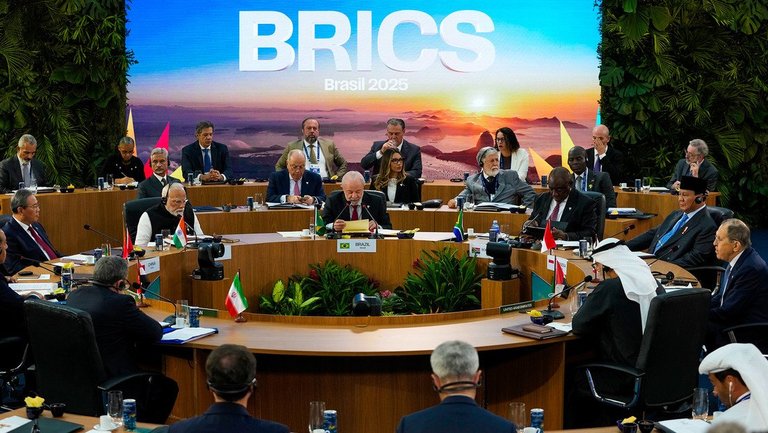The Latin American Report # 531

Former Mexican President Enrique Peña Nieto has denied being bribed with $25 million to allow the use of the Israeli spyware Pegasus during his tenure in Zócalo Square. The allegation appeared in an Israeli business-focused outlet and was picked up by the local Aristegui Noticias. "I regret coming across reports that, with no journalistic rigor whatsoever, make reckless and malicious claims. The note about alleged contributions is entirely false," Peña Nieto stated via X. "It is a baseless insinuation. One wonders, in whose interest such a publication is made." Four years ago, an international journalistic investigation revealed that several Mexican security agencies had been using Pegasus to intercept communications of journalists, activists, and even then-opposition leader—and later president—Andrés Manuel López Obrador. Among those targeted with surveillance were relatives of the 43 teaching students shamefully disappeared off the face of the earth in Iguala. This case, still scandalously shrouded in mystery today, forever tainted Peña Nieto’s tenure in the Aztec presidency.
BRICS
Meanwhile, there is political-diplomatic movement within BRICS, whose members appear to be positioning themselves with a single voice—albeit cautiously, as we anticipated—regarding the many conflicts the world is facing. As is known, this is only the first step of what needs to be done. For the bloc to be solid and relevant, it must deliver a strong, authoritative economic blow on the table—and that remains to be seen. However, one point of consensus was the reform of the UN Security Council, which Lula, in particular, has championed.
This effort will go nowhere unless there is a major global upheaval in the future that naturally reshapes the distribution of power. In my view, the current UN Security Council includes the three major powers vying for influence spheres (the U.S., China, and Russia) and two other nations (France and the U.K.) that, over the past 80 years, have fallen from moon to dust in terms of geopolitical muscle. "We reaffirm our support for a comprehensive reform of the United Nations, including its Security Council, with the aim of making it more democratic, representative, effective, and efficient," reads the final declaration. Russia and China approved Brazil and India having permanent seats, while South Africa’s case—as reported by EFE—was postponed due to disagreements from Egypt and Ethiopia.
From my perspective, when Lula argues that the current system does not reflect contemporary geopolitical balance, he is promoting the perpetuation of what he, contradictorily, calls an "archaic and exclusionary" mechanism. He is not opposing the latter—he simply wants to be inside it, while countries lacking the economic (more than political) relevance he claims for his nation will continue to be excluded and discriminated against.
Additionally, the bloc spoke out against unilateral trade restrictions, a veiled reference to U.S. and EU sanctions against Russia and other Latin American nations like Venezuela and Cuba. By the way, Venezuelans still haven’t forgiven Lula for blocking Caracas’ entry into the bloc this year, which once again calls into question the discourse of the Planalto Palace’s leader. Another key point agreed upon was advancing the integration of national payment systems so that trade among BRICS members is conducted in local currencies. Putin has claimed that 90% of Russia’s transactions with other BRICS nations are conducted this way—but, as I’ve assessed, this does not mean that Washington’s long sanctioning arm won’t still be felt, even under this principle. Tomorrow ends the 17th BRICS Summit with the plenary session “Environment, COP30, and Global Health”.
 Source
Source